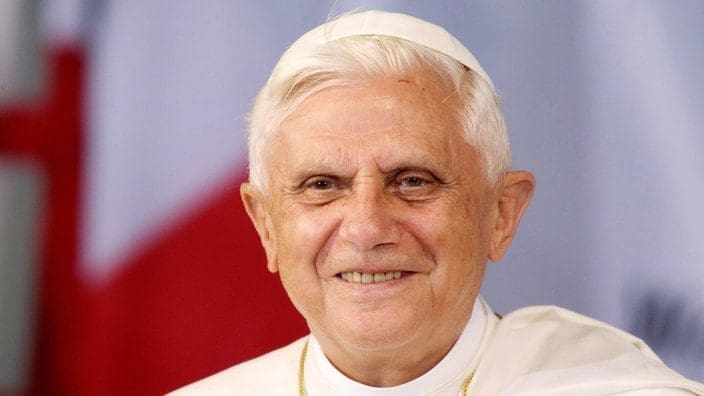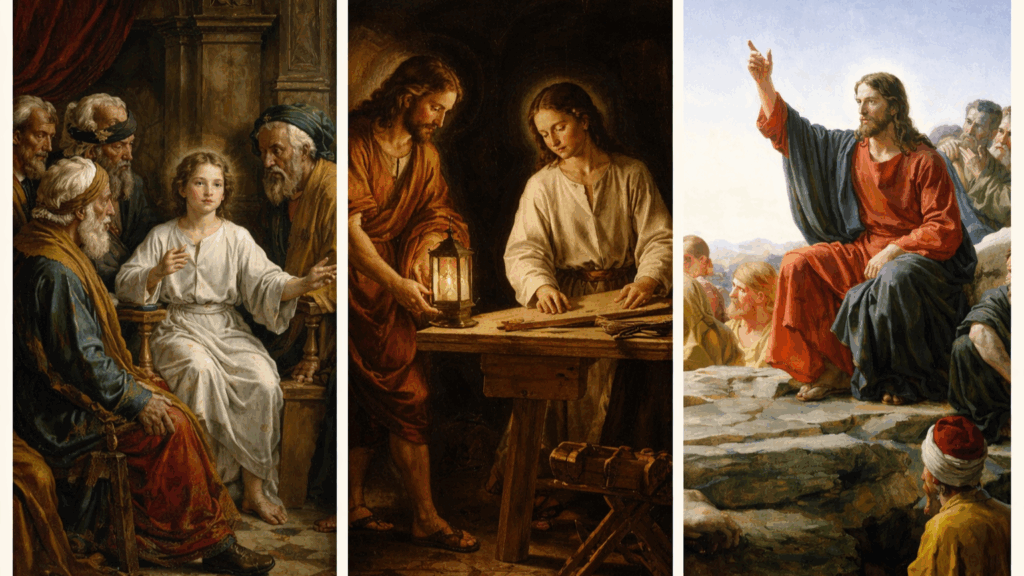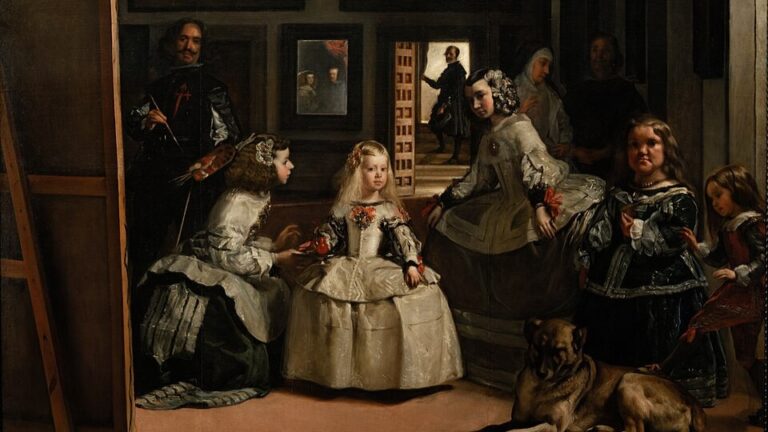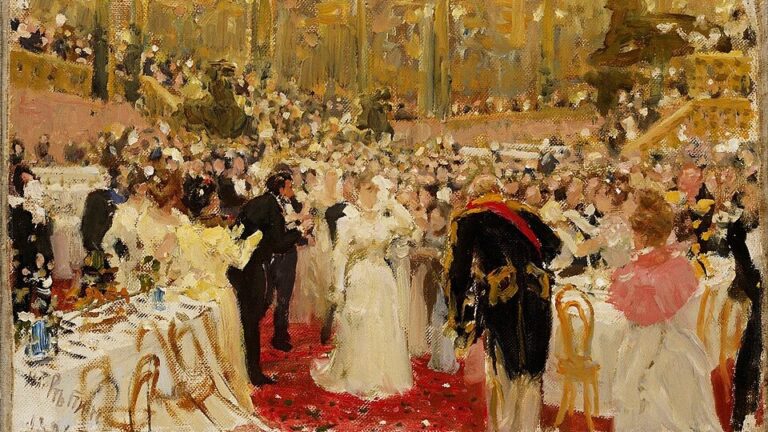What approach should Christians take to modern politics? What are their obligations in contemporary public life? Which Christian values should be endorsed in modern democracy and which political instruments are permitted while doing so? Several Christian philosophers, theologians, and politicians have in the past sought to provide answers to these crucial questions. Our series of articles intends to rekindle interest in those authors, firstly because we believe that these authors receive less attention than they deserve, and without forgetting the extensive academic literature on them (since most of them attract serious scholarly interest) we argue that their ideas are underrepresented in public discourse. Secondly, we believe that to answer the questions raised above, one should be able to study acknowledged theologians and philosophers who are well-versed in the wisdom of the Christian faith and base their political arguments on it. Consequently, the political insights of modern theologians will be presented with a special focus on the Christian origins and sources of their ideas. We hope that these articles will increase public interest in these inspiring figures.
The first article in this series examined the anti-modernism of the Neo-Calvinist theologian Abraham Kuyper, a former prime minister of the Netherlands. The second article focused on Reinhold Niebuhr, one of the most influential twentieth-century American protestant pastors.
This time we present a brief introduction to the political thinking of an eminent contemporary Catholic theologian, Joseph Ratzinger (1927–), the subsequent Pope Benedict XVI. It is important to note that we will not survey the political aspects of Ratzinger’s papal term. We are not looking for cause-and-effect relations between Ratzinger’s papal actions and his political thinking, since that would exceed the scope of a short article, and would easily decouple it from its context of political philosophy, causing it to drift towards current discourse on church policy.
‘We are building a dictatorship of relativism that does not recognize anything as definitive and whose ultimate goal consists solely of one’s own ego and desires.’[1] Cardinal Ratzinger’s stern statement may sound familiar to most; it was made at the future pope’s homily at the ‘pro eligendo Romano Pontifice’ holy mass (after which the cardinals withdraw to elect the pope) on 18 April 2005. Ratzinger’s claim may be regarded as criticism directed at the secular state, but it is important to note that the critique of the secular state had been phrased in countless different ways before this statement. These approaches may be analogous with Ratzinger’s, but each was proposed in different political, historical, and philosophical contexts. An examination of Ratzinger’s writings on political philosophy reveals that his criticism of the secular state is specifically Catholic, in which anthropological considerations drawing on the Biblical vision of man and the moral determination stemming from such anthropology cannot be disregarded.
In his writings on political theory, Ratzinger adopts an approach to the history of ideas that can be understood as a general critique of the modern period and progressive modernity. In this framework, he criticizes Saint-Simon, Kant, Rousseau, Bacon, Marx, and Ernst Bloch, among others, as well as the approach of the natural sciences, which strives to restrict the scope of reason to the ‘exact’ and the empirical. In this way the conception of reason and that of freedom in the modern period appear as a consistent system of thought that vindicates the foundations of the secular state. Although this approach may be questionable from a philosophical point of view, it does not prevent us from understanding Ratzinger’s argumentation.
What the Bible says about the relationship between Christianity and secular de facto political power is commonly known: ‘Repay to Caesar what belongs to Caesar and to God what belongs to God.’[2]. Ratzinger’s political thinking is also based on the separation of faith and politics, but he believes in the necessity of finding a connection between the two. Before focusing our analysis on this connection, it is worth reviewing the intellectual sources and fundamental experiences which nurtured Ratzinger’s political philosophy.
His dissertation entitled Volk und Haus Gottes in Augustins Lehre von der Kirche (The People and House of God as Presented in Augustine’s Doctrine of the Church) submitted at the Ludwig-Maximilian University in Munich in the academic year of 1950–1951, in which he analysed the ecclesiology of Augustine of Hippo, already contains the basic elements of his political thinking. His former student, the Irish Verbite monk Vincent Twomey claims in his eulogy that ‘Ratzinger managed to transcend previous interpretations of the concept of “civitas Dei”, including its idealistic explanation in the modern period as well as its political interpretation’[3]. Another early Ratzinger essay analyzed the historical theology of Saint Bonaventure, serving as a theoretical precursor to his subsequent criticism of theological politics.
It is also evident from his self-reflections, and the opinions of his commentators, that during the 1960s, two events of historical significance had a major impact on his political thinking. Firstly, Pope John XXIII opened the twenty-first ecumenical council (the Second Vatican Council) of the Catholic Church on 11 October 1962, which Ratzinger attended as peritus (theological adviser). Secondly, student revolts started in May 1968 in Paris, which also had a rather palpable effect on the academic world in Germany. Both events can be understood as historical milestones, in which ecclesiastical principles previously considered unshakable were called into question. As Hungarian Piarist László Lukács says, ‘The student revolts of ‘68 only signalled the changes ongoing at the time in Europe, and the resulting intellectual vacuum. Two models of conquering reality appeared then: neo-positivist progressivism aspiring to implement rational reforms, and neo-Marxist “crypto-theology”.’[4]
Now, against the backdrop outlined above, we can examine in its appropriate context the place of politics in Ratzinger’s thinking. In his essay Eschatologie: Tod und ewiges Leben (Eschatology: Death, and Eternal Life), published in 1977, he briefly evaluates the interpretations of reality intended to occupy the ‘intellectual vacuum’ that arose in the 1960s: ‘The issue of politics that will be genuinely responsible in Christian terms belongs to moral theology, not eschatology. In this very distinction, the message of the Kingdom of God has something very important to say to politics.’[5] This Aristotelian definition which subsumes politics under ethics provides the basis for Ratzinger’s stance on politics later on as well. He is also concerned with this topic in his essay Politik und Erlösung (Politics and Redemption), raising the question, ‘[…] Where is the proper place of politics transcending merely empirical description, that is, upon closer scrutiny, how should we classify political philosophy?’[6] By way of an answer he presents two possible intellectual approaches, parallel to theological ones.
He assigns to Saint-Simon the model which directly connects politics with metaphysics
In Ratzinger’s view, this approach threatens human freedom, since Saint-Simonism promises a kind of political redemption, depriving metaphysics of its proper substance, reducing it to the level of physics. Metaphysics treated as physics results in a determined and determinable reality. It follows from this, according to Ratzinger, that if politics is subsumed under metaphysics, then the freedom of man is challenged and resembles the determinism of a machine. On a theological level, Ratzinger traces this approach back to Eusebius of Caesarea and medieval political Augustinianism, highlighting that it is far more radical than the position of Saint-Simon in the early nineteenth century.[7]
He refers by way of contrast to the Aristotelian approach, which does not subsume politics under metaphysics, and finds its theological parallels in the philosophy of Augustine, Thomas Aquinas, and Luther.[8] This allows for a different interpretation of freedom and responsibility (the basic elements of political action in Ratzinger’s definition). He believes it is only possible to preserve the freedom and dignity of the individual if politics is anchored in ethics. Because ‘if politics is always based on freedom and man’s moral responsibility, then definitive and definitively imperative progress does not exist’[9], that is, politics necessarily remains rational, as it does not intend to determine reality.
By positioning politics this way, Ratzinger calls our attention to a deeper philosophical problem. Providing an ethical foundation for politics is in correlation with the question aimed at man, since ethics must provide a definition of the essence of human action, that is, it must have a clearly definable anthropological vision. Thus, with the ethical definition of politics, Ratzinger wants to enforce the Biblical vision of man,[10] since this is the only way for him to ensure ‘that man should be man once more and live from the strengths of his own empirical and ethical mind by constantly renewing those strengths from his responsibility before God’.[11]
In brief summaries such as this, it is always difficult to select any element from a complete oeuvre. This is also true of Ratzinger’s works, but with regard to the connection between faith and politics we should also mention his lecture Christliche Orientierung in der pluralistischen Demokratie? (A Christian Orientation in a Pluralistic Democracy?)delivered in 1984, in which he examines the threats to pluralistic democracy. Quoting Ernst-Wolfgang Böckenförde’s legendary claim, he states that ‘Böckenförde’s thesis that the modern state is a societas imperfecta has at any rate been corroborated; imperfect not only in the sense that its institutions always remain as imperfect as its denizens, but also in the other sense that it needs forces from outside itself in order to be able to survive itself.’[12] At the same time, he also radicalizes the Böckenförde paradox by providing a clarification of the interdependence between society and religion: ‘[…] with our own lack of conviction we take away from society what objectively speaking is indispensable for it: the spiritual foundations of its humanity and its freedom’.[13]
With this, Ratzinger formulates an action plan that is still relevant today: the public declaration of one’s conviction stemming from the internal truth of Christianity. It is important to realize, however, that Ratzinger’s requirement distances itself from any claim of theocracy, seeking instead to establish the publicity of faith within the framework of the pluralistic state, maintaining the principle of religious tolerance. According to Ratzinger, this should not imply the value neutrality of the state. On the contrary, the state ‘must learn that there is a continued existence of truth which is not subject to consensus, but which precedes it and makes it possible’.[14]
[1] Joseph Ratzinger, ‘Homily of His Eminence Card. Joseph Ratzinger, Dean of The College of Cardinals’, 18 Apr. 2005, https://www.vatican.va/gpII/documents/homily-pro-eligendo-pontifice_20050418_en.html (accessed 27 Aug. 2021).
[2] Mt 22,21
[3] Vincent Twomey, ‘Zur Theologie des Politischen’, in Joseph Ratzinger, Von Wiederauffinden der Mitte: Grundorientierungen. Texte aus vier Jahrzehnten. (Freiburg im Breisgau: Herder, 1997), 220.
[4] László Lukács, ‘Pope from Peritus—the Second Vatican Council and Joseph Ratzinger’, Vigilia, 77/10 (2012), 730.
[5] Joseph Ratzinger, Eschatology: Death and Eternal Life (Washington, DC: The Catholic University of America Press, 1988), 59.
[6] Joseph Ratzinger, Politik und Erlösung: Zum Verhaltnis von Glaube, Rationalitat und Irrationalem in der sogenannten Theologie der Befreiung (Opladen: Westdeutscher Verlag, 1986), 21.
[7] Ratzinger, Politik und Erlösung.
[8] Ratzinger, Politik und Erlösung.
[9] Ratzinger, Politik und Erlösung, 22.
[10] Ratzinger, Politik und Erlösung.
[11] Ratzinger, Politik und Erlösung, 22.
[12] Joseph Ratzinger, ‘A Christian Orientation in a Pluralistic Democracy?’, in. Joseph Ratzinger: Church, Ecumenism, and Politics: New Endeavors in Ecclesiology (San Francisco: Ignatius Press, 2008), 211–212.
[13] Joseph Ratzinger, ‘A Christian Orientation in a Pluralistic Democracy?’, 220.
[14] Joseph Ratzinger, ‘A Christian Orientation in a Pluralistic Democracy?’, 219.







